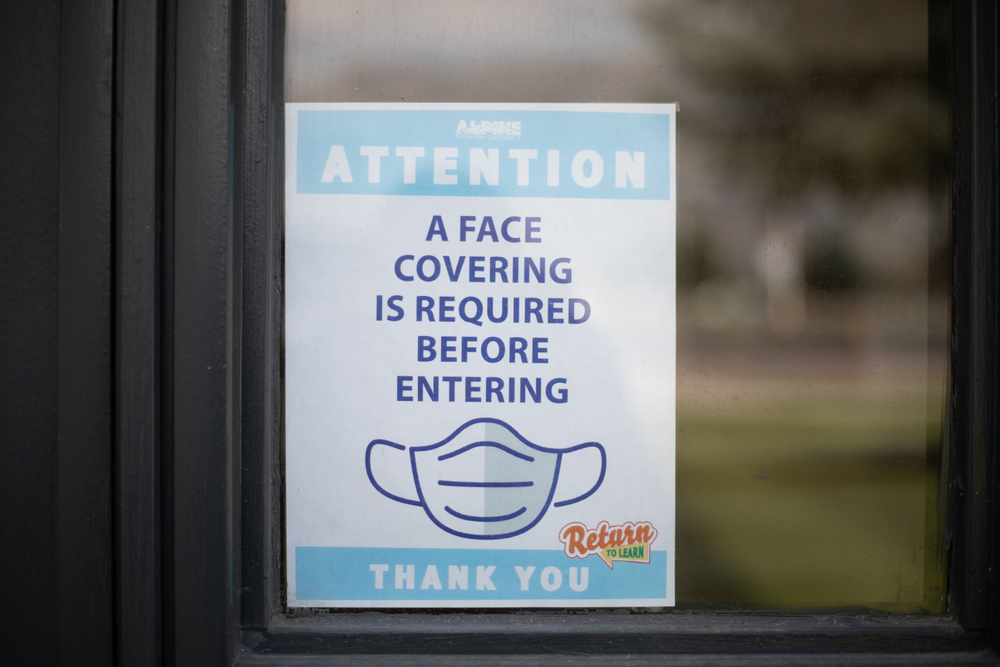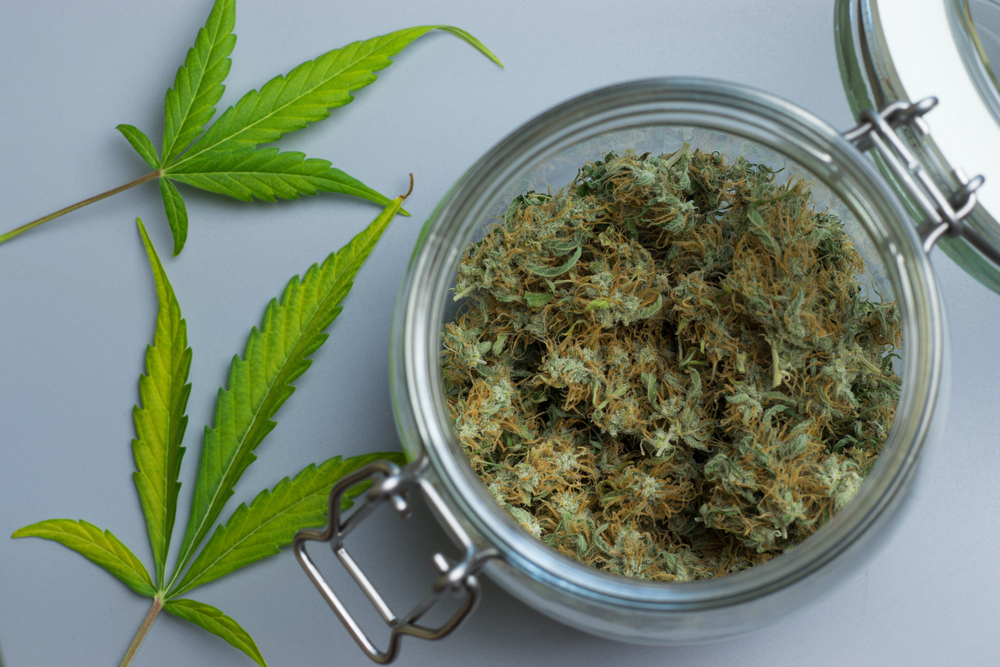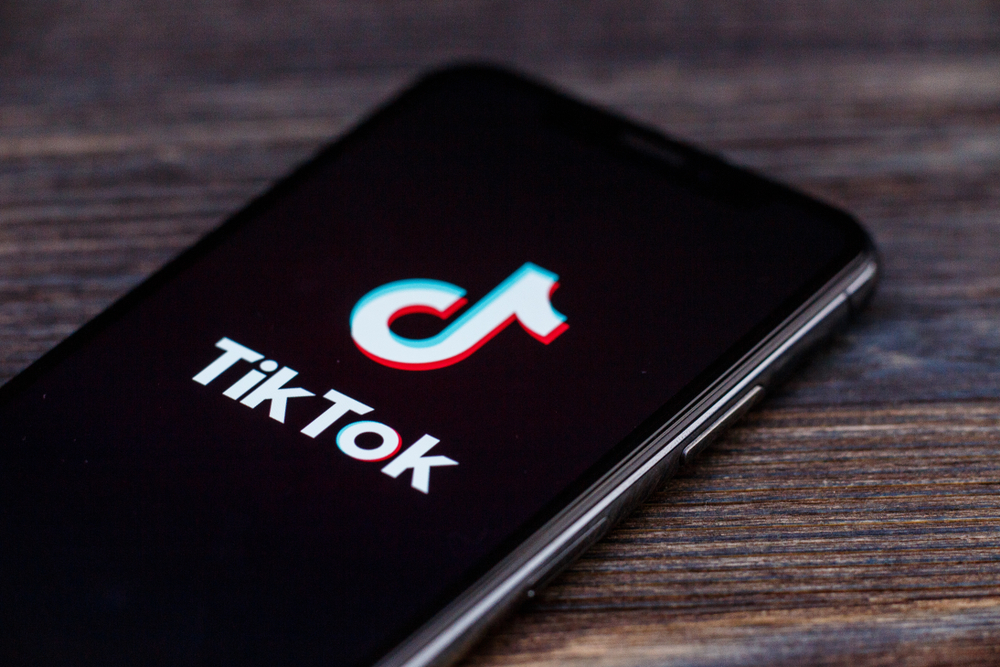The science is clear: Masks help prevent the spread of the coronavirus. Both the World Health Organization and the U.S. Centers for Disease Control recommend their use as part of a strategy to combat COVID-19, and 34 states, plus D.C. and Puerto Rico, have mandates, with few mask exemptions.
Twitter is awash with examples of people refusing to wear masks in stores, businesses posting signs flouting local mask mandates and patrons sporting badges with legal-ese claiming they’re exempt from mask-wearing. But the law is largely on the side of the mandates.
Experts agree that while there are a few legitimate, legally sound reasons to not wear a mask, most people claiming exemptions under the Americans with Disabilities Act or saying wearing masks violates their First Amendment rights don’t have a solid legal foundation.
Reasonable accommodations
In an article for the Journal of the American Medical Association Health Forum, Dr. Mical Raz and Dr. Doron Dorfman argue that clinicians are now in the difficult situation of having to decide which patients require mask exemptions — and which patients might be at a higher risk with an exemption.
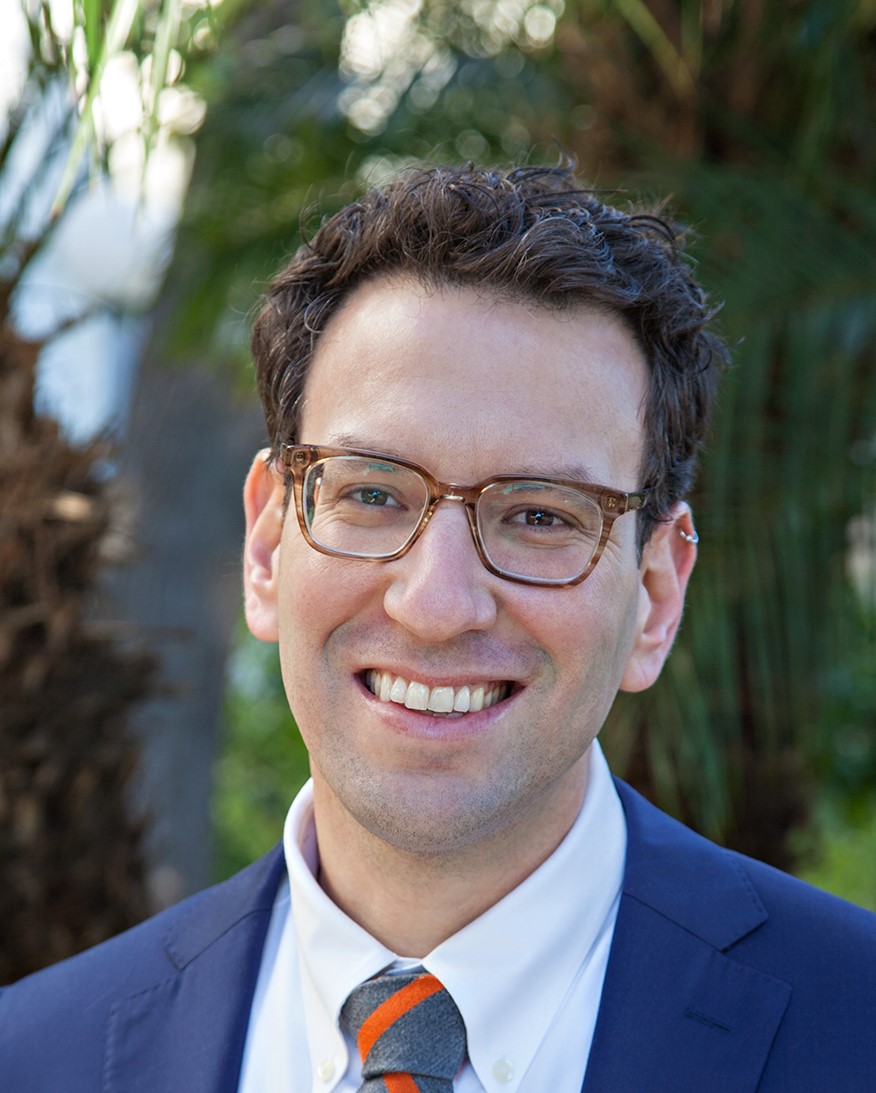
Dorfman, an associate law professor at Syracuse University College of Law who specializes in disability law, health law, empirical law and psychology, said politicization of masks and public health has triggered a misunderstanding of disability law and rights.
RELATED: Face masks just the latest of public safety battles
RELATED: Age discrimination a concern in pandemic
The ADA requires that businesses provide reasonable accommodation to people with disabilities. But Dorfman said in many cases, that accommodation might not be a mask exemption. Instead, in the cases of grocery stores and restaurants, it might take the form of curbside pickup or delivery.
“Then the person gets the service they need and they want without jeopardizing public health,” Dorfman said.
The issue is more complicated with places for which a reasonable accommodation might be less evident. In the case of movie theaters, for example, it’s not clear how people with medical mask exemptions could be legally turned away, Dorfman said.
“Being in a movie theater is a right for itself. It’s not a means for an end, like going to a grocery store. A place of public accommodation like a movie theater cannot discriminate on account of disability in those situations,” Dorfman said. “We’ll see what happens when that occurs.
There’s no actual answer to this currently in the law.”
Many airlines also require customers to be masked. Southwest won’t transport customers “unable to wear a face covering for any reason (even a verifiable medical condition).” American Airlines likewise only exempts children under age 2, and Delta travelers looking for an exemption must complete a “Clearance to Fly” process prior to boarding. But Dorfman said airlines aren’t regulated under the ADA but instead the Air Carrier Access Act, which prevents discrimination in air travel. That act allows airlines to exclude a traveler from a flight “if carrying the person would be inimical to the safety of the flight.”
“It’s actually lawful for them to require masks on board,” Dorfman said, adding that if a person with a health exemption can drive, that’s a safer choice than flying.
Least restrictive measure
At least two clauses in the First Amendment have also been invoked as arguments against mandates: Those looking for exemptions have said masks violate their free speech or their ability to freely practice religion.
Neither claim holds much merit, said constitutional scholar John Finn. While courts have yet to decide on various lawsuits, including one in Florida in which a pastor claims the mask mandate violates state law, Finn said it seems likely the challenges will fail, especially freedom of speech claims.
When it comes to free speech, there are already established restrictions, Finn said, including those that are dependent on time and place, and those that take into account the public good. Challenged laws have to pass a “strict scrutiny” test, which heavily favors individual rights, Finn said. That test requires the state to demonstrate both that the law advances a compelling state interest and the law is the least possible restriction.
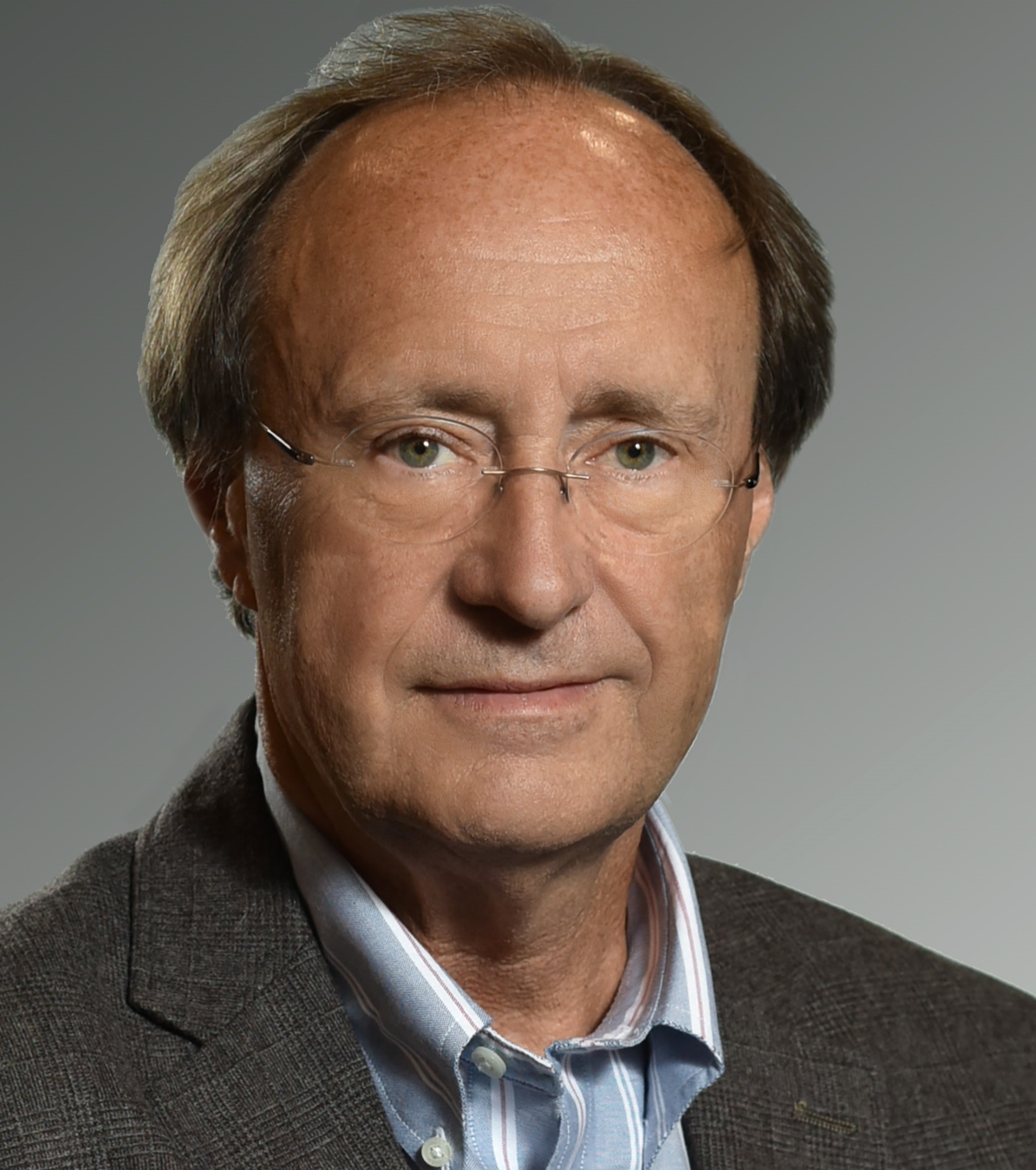
“I don’t think this is a tough call to be honest. The court has ruled on several occasions, and many different courts have ruled, that the protection of public health is a compelling state interest,” Finn said.
If a law easily meets the compelling state interest bar, the other hurdle it must clear is whether masks are the least burdensome restriction a state could require.
“When you think about what the options are for a state that’s really concerned about the transmission of a virus by asymptomatic people, it's difficult to come up with restrictions on the right that are less restrictive than wearing a mask. Let’s face it: A mask, while it may be burdensome and annoying, doesn’t prevent you from speaking, it doesn’t prevent you from assembling,” Finn said.
For those claiming mask mandates violate the free exercise clause of the First Amendment, Finn said the state has a much lower bar to clear than strict scrutiny. In those cases, the state only has to demonstrate that the law in question has a “rational basis” for interfering in religious practice, as long as the intent of the law is not explicitly to interfere in religion. Finn said if a mandate can pass strict scrutiny for free speech it “certainly” will pass a rational basis test.
While some of the religious claims are based on the argument that masks make preaching, singing or worshipping more difficult, Finn said they wouldn’t have to be limited to religious activities or services. For more orthodox practitioners, it may not be possible to separate their religious lives from their personal lives.
“In those sorts of cases I could imagine somebody genuinely, authentically believing some aspect of their religious faith ought to exempt them from having to wear a mask anywhere, anytime, anyplace,” Finn said, adding that he doesn’t think those claims are likely to succeed.
Doctor’s notes vs. lanyards
In their article, Dorfman and Raz say there are patients for whom they would advise against wearing masks. People, especially children with sensory processing disorders, such as those on the autism spectrum, might find it challenging to wear a mask, as might people with facial deformities. But in an email, Raz wouldn’t identify specific conditions that might warrant a doctor-cleared exemption.

“Most individuals can tolerate a mask, and few conditions are truly incompatible with all forms of mask wearing. Thus I do not think there is a clear condition which one can say — ah ha that is a slam dunk exemption,” she wrote.
The CDC specifically said children under 2 and individuals with breathing problems should not wear a mask, but Raz said she is taking that to refer to people who are temporarily experiencing an acute respiratory issue. Wearing a mask might be more important for people with chronic respiratory issues, Raz said, since they’re at a higher risk for severe illness from the coronavirus and may be more likely to spread it through frequent coughing.
Dorfman said under the ADA, businesses cannot outright ask patrons if they have a disability, irrespective of the mask issue. For example, if someone enters a restaurant with a dog, the business owner must ask what tasks the dog can perform, instead of asking if the person is disabled, to determine whether the animal is a service dog.
But with mask exemptions, Dorfman said businesses owners can actually ask if a patron isn’t wearing a mask because of a disability exemption, and can ask what issues are solved by not wearing a mask. Doctors are unlikely to use cards or lanyards with blanket statements, Dorfman said.
People should ask doctors for notes if they need an exemption, Dorfman said, and should carry the notes around with them. Finn said there would be no such similar note from a religious leader.
“Although I have no doubt that if you look deep enough online, you can probably find somebody somewhere who's willing to sell you, or maybe even give you for free, a religious exemption get-out-of-mask card, there’s no real-world religious equivalent to the ADA exemption,” Finn said.
The cards wouldn’t “magically entitle” someone to an exemption either way, Finn said, noting that well-written laws are likely to be upheld by most standards.
“People who wear the lanyards, they produce the little pocket cards and all the rest, at the same time that they seem weirdly insistent that the law doesn’t apply to them, they have this kind of almost childish naive magical thinking kind of faith in the power of legal words to allow them to do whatever they want to do.”

